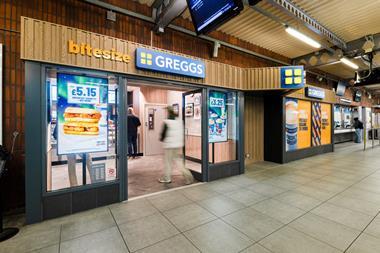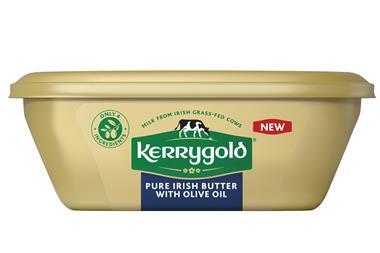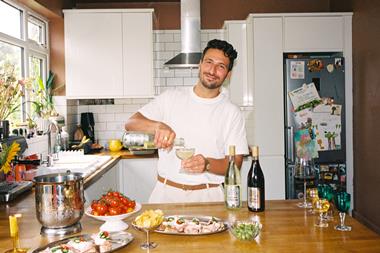While UK shoppers are sold on French bread, wine and cheese, marketing French meats to them is more of a challenge.
From pâté to foie gras, the French are struggling to get a handle on what the British want from their deli counters. As a result, many are looking away from the supermarkets and towards independents as a route in. These outlets attract high-spending consumers eager to try new foods, says Olivier Basin, export manager at Conserverie de Languedoc, which sells foods from the region.
Yet, when it comes to French meats, there is no shortage of products that could challenge the likes of the German and Italian meats - two favourites among Brits.
Take Aux Salaisons, based in the French Alps. Its products, sold under the Savoyardes brand, include pâté with blueberries, mushrooms or brandy and use Alpine regionality as a key marketing tool.
Aux Salaisons has a €3m (£2.3m) turnover, with exports accounting for 10% of that, and already has some presence in UK independents.
Production is done by hand, using fresh meat. "The company follows traditional recipes even if it is not always in the interests of profitability," says manager Bruno Maurel.
He hopes this authenticity will be the 'hook' that helps Aux Salaisons compete on UK shelves.
Conserves Stephan is also hoping to use provenance and tradition to help it expand. Based in the main pork farming region of north-west France, the family business uses local meat to produce the Stephan brand. Given the emphasis placed on provenance in France, there is little market for the brand outside the locality, so it also produces own-label pâtés for major French multiples.
All products are sold in glass jars, something manager Valérie Le Graët is keen to maintain, despite the rising cost of glass. Although Le Graët is aware UK buyers are comfortable with plastic packaging, she would not consider switching formats. The use of glass, she says, is "about a traditional way of consuming".
The price of animal feed is a growing headache for companies such as Conserves Stephan - a complaint English producers are all too familiar with - and Le Graët says price rises are inevitable.
To target the deli counters of UK multiples, some suppliers have chosen to club together. Smithfield Foods markets own-label and Aoste-branded products from 10 charcuterie and pâté factories. There is untapped potential in the UK, says marketing manager Charlotte Utting, and the company is to invest in further support for branded and own-label products this year.
"The French supply base is there, and our challenge is to find a hook to lever French products on to the shelf in a sector that is already performing well.
"French provenance is highly valued in the cheese, wine and bakery sectors and French meats are natural bedfellows for these."
Smithfield, Aux Salaisons and Conserves Stephan face challenges marketing to the UK, but these can't compare with those faced by Labeyrie. Based in south-west France, Labeyrie is the country's market leader in foie gras, a delicacy that is unique from other pâtés in that its production involves force-feeding animals (usually ducks, sometimes geese) until their livers swell.
Pressure group Viva!, which is campaigning for a complete ban on sales in the UK, says the process is akin to torture.
In the face of pressure, the multiples remain reluctant to stock it.
This is unlikely to change, with compromises being sought. Waitrose, for example, sells 'faux gras', which is 'a British twist on the French product', made without cruelty to the birds.
Although foie gras production contravenes UK animal welfare regulations, it hasn't stopped the market for it here. And, as we can't produce it, we buy it in: the UK is a leading importer of the French delicacy, taking about 5% of its annual production. This is mostly sold through restaurants and delis, which are far more difficult for campaigners to target than ubiquitous retailers.
Labeyrie has no presence in the UK, but has engaged a French marketing body to take on the job of raising the profile of its products.n


















No comments yet